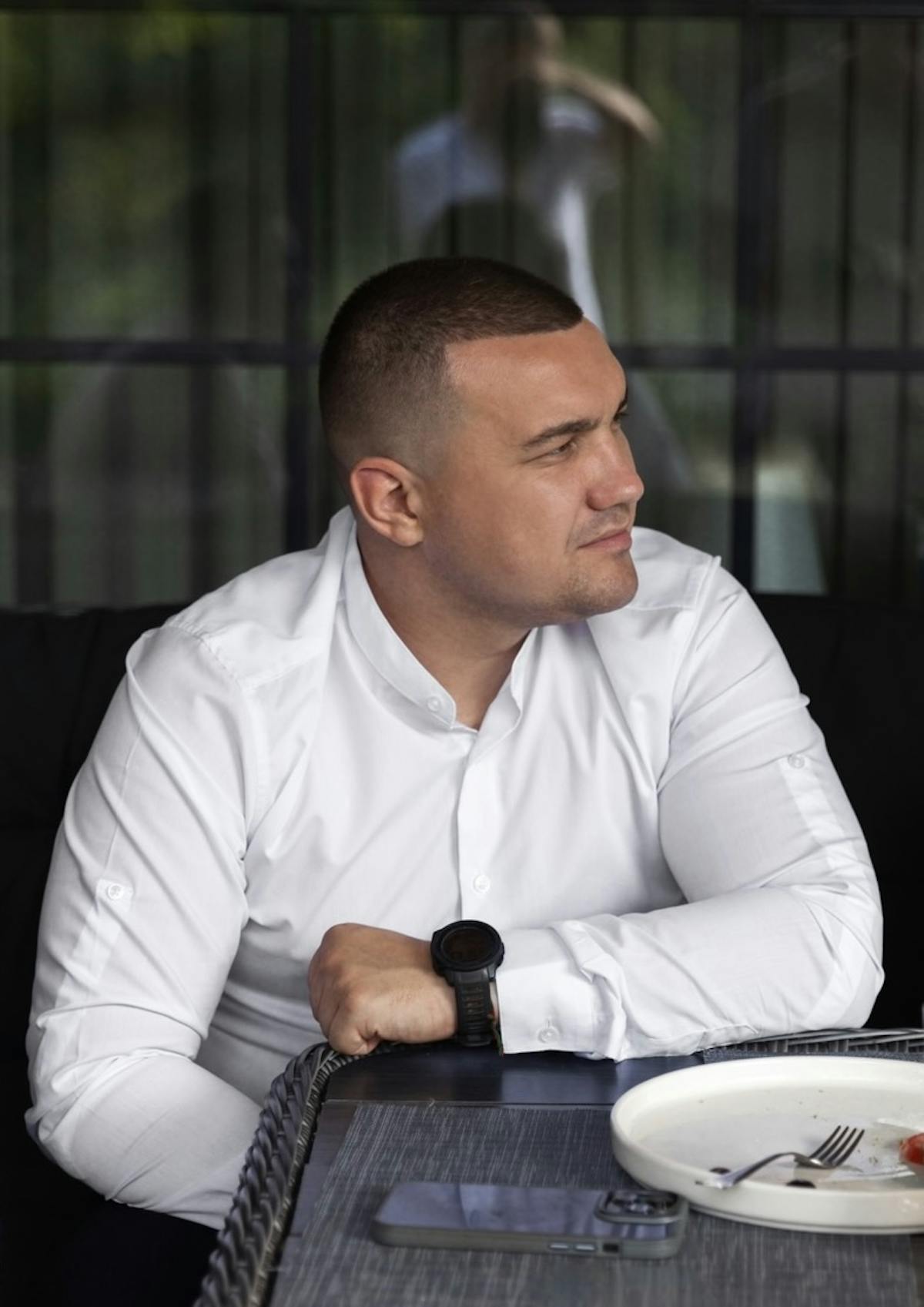From Military to Civilian Life: How Ukraine’s Veterans Navigating Career Transition with SkillLab’s Support
Ukraine's labor market is under immense pressure due to the ongoing conflict, facing high unemployment, skill shortages, and mass mobilization. Amidst these challenges, the reintegration of veterans into the civilian workforce is crucial for national reconstruction. However, the transition from military to civilian life presents unique hurdles. The skills-based approach, introduced by SkillLab with the support of the State Employment Service (SES) of Ukraine, is proven to be an effective solution to this challenge. Throughout our project that spans over 1,5 years, SkillLab has gathered user-validated skills data from 12,564 skill profiles, detailing 900,366 skills from 43,072 experiences that cover 1.888 different occupations, as well as 24,849 identified career interests. With this approach, we are aiming to recognize military-acquired skills, bridge gaps, and create effective employment pathways for veterans.
Our recent white paper offers detailed quantitative evidence of this pivotal insight. This article, however, focuses on veterans' personal experiences navigating the transition to civilian life, supported by our skills-based approach and the State Employment Service (SES).
The Challenging Transition to Civilian Life
Every career change brings its own set of difficulties. As civilians, we often underestimate the sheer magnitude of the challenge involved in transitioning from the military's strictly regulated environment to the far more autonomous civilian world. Volodymyr, in our interview, thoroughly detailed this struggle. He had prior military experience before 2018 but was working as a logistics analyst when the invasion began and he was called to service. Since returning from the military in 2024, his transition to civilian life has been consistently challenging.

Volodymyr, Armed Forces of Ukraine veteran and SkillLab user
According to Volodymyr, the main challenges are twofold. First, society continues to grapple with accepting and hiring veterans. "Society perceives veterans as disabled, crippled and mentally unbalanced people. In fact, society itself is creating such a situation that no one will return from there healthy. … People return there with a completely different worldview,” said Volodymyr. This societal perception clearly demonstrates the difficulty in recognizing the value of veterans' existing skills and military experience from a civilian perspective.
The second challenge stems from the veterans themselves. "It takes time to adapt,” he noted. Military service often means a career break, a disengagement from typical work tools, and missing out on professional developments in their former fields. This obstacle is particularly amplified for veterans returning with disabilities. Moreover, the shift from a highly structured life with an ordered regime to one offering free choice in many aspects adds another layer of struggle for some veterans. "After many years in such an environment, in fact, it becomes difficult for a person to make a decision,” he explained.
SkillLab’s Skills-Based Solution as a Starting Point to Make Decision
To aid his transition to civilian life, Volodymyr visited the State Employment Service (SES), where he was introduced to SkillLab’s skills-based solution. After familiarizing himself with the SkillLab tool, he quickly recognized its immense value for veterans, particularly those grappling with decision-making during their career transition. “Your platform can help them a lot by determining what skills a given person has, where they can apply those skills, where they will be most useful and give a person the right to choose. If I don't know what I want, this platform will give me recommendations regarding my abilities and based on that I can look for something accordingly,” he elaborated.
If I don't know what I want, this platform will give me recommendations regarding my abilities and based on that I can look for something accordingly,”
The impact of such skills-based solutions is amplified for individuals who know their desired path but lack confidence in their abilities. "For example, a person has good communication skills, an analytical mind, desire to help, empathy, can engage anyone into a conversation, and some experience in (providing) psychological relief in their military career. When this person goes through your app, they begin to see all this. They are offered, for example, to take courses for psychologists. It can help the person understand that he or she would make a good psychologist,” he said, visualizing a potential scenario.
Currently, Volodymyr continues his exploration, using the skills-based tool to find a civilian career that best aligns with his unique skillset.
Translating Military Experience to Skills for Civilian Career with the Skills-Based Approach
Despite all the challenges, some veterans were able to convert their transferable skills from their military experience into a suitable career thanks to the skills-based solution. Taras is one of them. He had to leave his service in the Armed Forces of Ukraine after two years due to family reasons. He then turned to the State Employment Service in search of a job. During his time in the Armed Forces, Taras acquired a wide variety of skills that could be valuable in the civilian sector. But he did not know how to translate his experiences. Taras’ employment counselor recommended SkillLab’s skills-based tool.

Taras, Armed Forces of Ukraine veteran and SkillLab user
SkillLab’s solution allowed him to document all his skills from his military service. He was also able to create a professional resume that emphasized his strengths: team management, teaching, and communication skills. Thanks to this approach, his resume became a decisive factor during his interview at the Agricultural College, where he successfully secured a position as a teacher of the Defense of Ukraine and Physical Education. In his new position, Taras shared his combat experience with students, helped them develop their physical fitness, and taught them how to act effectively in difficult situations.
Taras praised the role of the skills-based approach in his adaptation to civilian life. He plans to continue using the skills-based tool for his professional development. "I'm happy with the platform's recommendations because I'm now doing something I enjoy. I can share my experience with young people, prepare them for different situations, and be useful in this difficult time,” he said.
I'm happy with the platform's recommendations because I'm now doing something I enjoy. I can share my experience with young people, prepare them for different situations, and be useful in this difficult time.
For Taras, the skills-based approach is really well thought out and successfully implemented. “I am glad that there are people who are working on it and recognize that sooner or later the war will end and the military will return home. They will be looking to reestablish themselves in civilian life, and some will need more help in this, and some less. I believe that the creation of such a platform is a very important and useful project. It makes it possible to find a job in an accessible and understandable way.”
These veterans’ personal stories demonstrate how a skills-based approach, like SkillLab’s, can bring a positive impact on their transition to civilian life. By clearly identifying and validating their acquired skills, we empower veterans to navigate the challenges of societal perception and personal adjustment with greater confidence and clarity. This approach not only facilitates smoother reintegration into the workforce but also allows us, as a society, to fully recognize and harness the valuable talents and experiences they bring, contributing meaningfully to the vital work of national reconstruction.
Are you also supporting people in challenging career transitions and curious about our skills-based approach? Contact us to learn more about our solution!
Featured image by Lukas Johnns via Pixabay